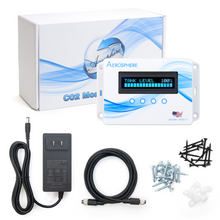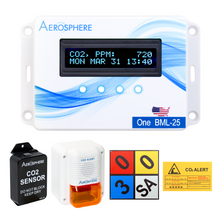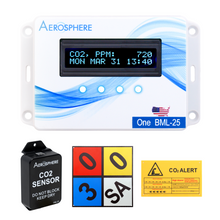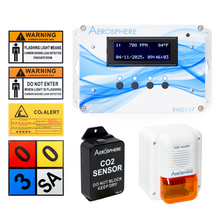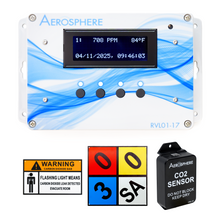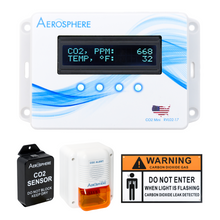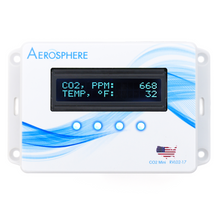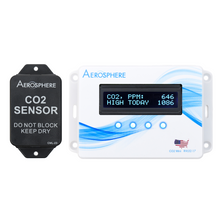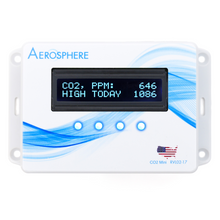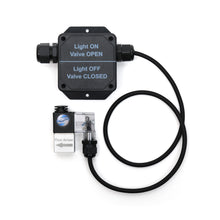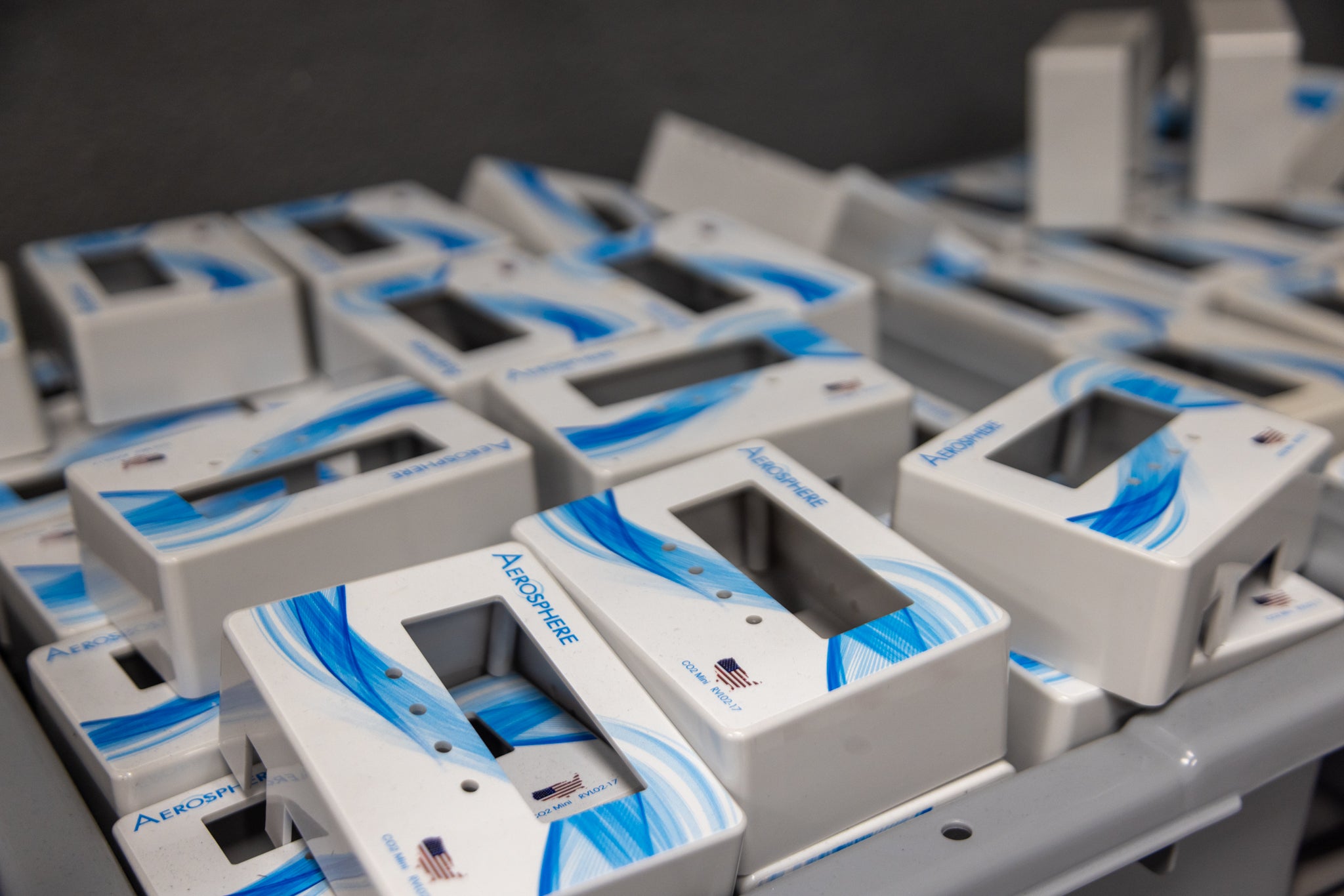The Importance of Indoor CO2 Monitors: Purifying the Air and Boosting Energy Levels
Monitoring indoor CO2 levels is crucial for improving air quality and cognitive function, as elevated CO2 can lead to decreased mental clarity, slower response times, and reduced accuracy in tasks. By using CO2 monitoring systems to maintain optimal levels, businesses and homeowners can ensure a healthier, more productive environment.

Indoor air quality is crucial for maintaining a healthy and productive environment, whether at home, in the office, or in a commercial setting. One of the key factors influencing air quality is the concentration of carbon dioxide (CO2) in the air. While we naturally exhale CO2, elevated levels of this gas indoors can have negative effects on both health and cognitive function. This article delves into the importance of indoor CO2 monitors, how they help purify the air, and how they can support overall energy levels.
What is CO2, and Why Should We Monitor It Indoors?
Carbon dioxide (CO2) is a naturally occurring gas in the atmosphere. It is a byproduct of human respiration and combustion processes like burning fossil fuels. However, when CO2 levels in enclosed spaces rise, the air can become stale, which leads to various negative effects on health, concentration, and overall well-being.
Indoor environments, particularly those with limited ventilation or high occupancy (like offices, schools, or restaurants), can accumulate excessive CO2 levels. A monitoring unit like the Aerosphere® Mini CO2 Air Quality System is an essential tool that tracks the concentration of this gas, allowing users to understand when air ventilation is needed.

How CO2 Monitors Help Purify the Air
One of the most significant benefits of monitoring CO2 levels indoors is the ability to improve air circulation and quality. When CO2 accumulates in a room, it signals a need for better ventilation. CO2 monitors help detect this buildup, prompting actions such as opening windows or activating ventilation systems to increase fresh air intake. This process effectively reduces the concentration of CO2, allowing for the purification of indoor air.
Proper air circulation and CO2 management are critical to ensure that the air remains oxygen-rich, which has direct implications for mental clarity, productivity, and overall comfort. In workplaces, this can lead to reduced absenteeism and enhanced focus, benefiting both employees and business owners.
Did you know that California schools are now required to have CO2 monitors due to two key initiatives, CALGreen and Assembly Bill 2232? These measures help schools monitor CO2 build-up, ensuring better indoor air quality and reducing the risk of airborne illnesses.
How Increased CO2 Levels Affect Energy and Cognitive Function
Beyond the basic issue of air quality, the impact of high CO2 levels can extend to how we feel on a daily basis. Research has shown that elevated CO2 levels can significantly affect our energy levels and cognitive performance. For example, a study published in Environmental Health Perspectives found that higher CO₂ concentrations in indoor environments led to reduced decision-making performance and diminished cognitive abilities (Environmental Health Perspectives).
In addition to cognitive impacts, excessive CO2 can lead to fatigue and lethargy. The American Society of Heating, Refrigerating, and Air-Conditioning Engineers (ASHRAE) indicates that exposure to CO2 concentrations of 1,000 ppm or higher can cause discomfort, drowsiness, and even headaches (ASHRAE).
By using a CO2 monitor to maintain levels below 1,000 ppm, businesses and homeowners can create environments that support better focus, higher productivity, and more vibrant energy levels throughout the day.
Research Insights on CO2 and Productivity
Research consistently supports the idea that CO2 levels are linked to productivity. For example, a study by Harvard University’s T.H. Chan School of Public Health found that high CO2 levels can impair cognitive function by reducing decision-making abilities, focus, and problem-solving skills. The study found that office workers exposed to higher CO2 levels had slower response times and decreased accuracy on cognitive tests, particularly as both CO2 and PM2.5 levels increased. (Harvard T.H. Chan School of Public Health).
How Indoor CO2 Monitoring Systems Support Health and Well-being
The integration of CO2 monitoring systems in indoor environments goes beyond just managing air quality; it’s about creating spaces that foster well-being. By actively monitoring CO2 levels, these systems ensure that the air remains fresh, the energy levels of individuals are maintained, and cognitive performance is optimized.
CO2 monitoring is a critical component in improving indoor air quality and boosting the health and productivity of occupants. By using CO2 monitors to keep track of gas levels, we can ensure that indoor environments remain comfortable, energy-efficient, and conducive to optimal cognitive performance. Whether you’re managing a corporate office or simply aiming to improve your home environment, maintaining safe CO2 levels is an investment in both well-being and performance.

